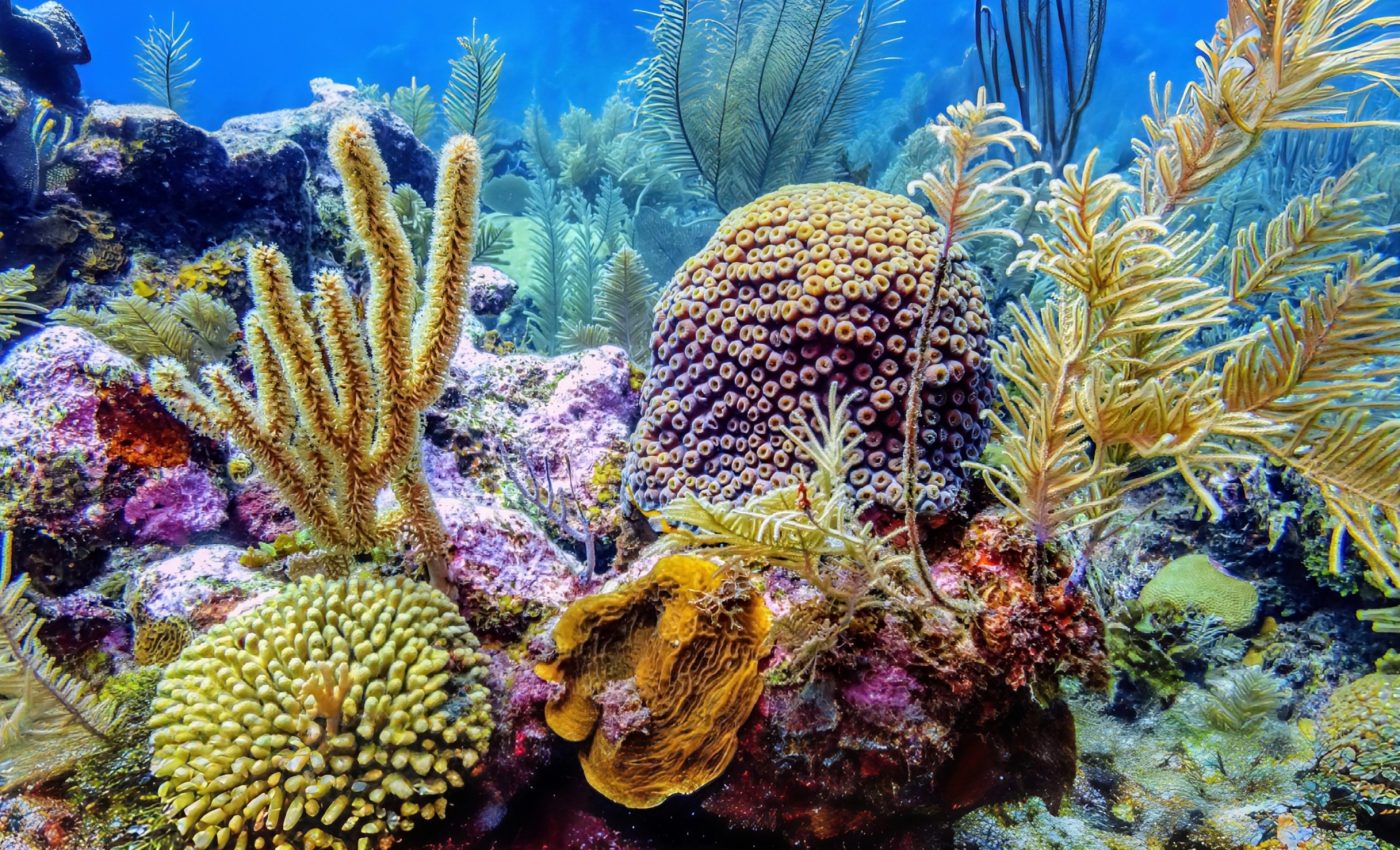
Coral reefs may not adapt quickly enough to survive climate change
They say the sea has many secrets, but the intriguing tale of coral adaptation to oceanic temperature changes, amid the impacts of climate change, may not be hidden for much longer.
The stakes are high; without swift curbs on global greenhouse gas emissions, our coral reefs might not keep up with the demands of a warming sea.
This revelation comes courtesy of an international team of scientists who are striving to peer beyond the turbid waters of environmental uncertainty.
Coral bleaching from climate change
At the lead of this crucial research is Dr. Liam Lachs, an esteemed figure from Newcastle University. With his dedicated team, he has introduced us to a startling possibility.
Coral reefs might weather the heat of our warming oceans, but only if we rally behind the commitments of the Paris Agreement and keep global warming within the reasonable limit of two degrees Celsius.
“The reality is that marine heatwaves are triggering mass coral bleaching mortality events across the world’s shallow tropical reef ecosystems, and the increasing frequency and intensity of these events is set to ramp up under climate change,” explained Dr. Lachs.
While there are ripples of hope from recent studies that suggest the potential for adaptation among corals, one fundamental question remains. Can this adaptation, driven by natural selection, keep pace with global warming?
The case of the Palau Corals
For answers, the researchers turned to the serene corals of Palau in the western Pacific Ocean. The team built an eco-evolutionary simulation model of coral populations using these corals.
They integrated data regarding the evolutionary biology of common but thermally sensitive corals and their ecology.
With this, the researchers determined the potential consequences of various future scenarios, considering global development and fossil fuel usage.
“Our world is expected to warm by 3-5 degrees by the end of this century if we do not achieve Paris Agreement commitments. Under such levels of warming, natural selection may be insufficient to ensure the survival of some of the more sensitive yet important coral species,” cautioned study co-author Professor Peter Mumby from the University of Queensland.
Future of corals and climate change
The models suggest dire consequences. We can foresee drastic reductions in reef health that will potentially push thermally sensitive coral species towards local extinction.
However, there is still room for hope as we don’t yet fully understand the “evolvability” of coral populations.
Dr. James Guest, who leads the Coralassist Lab, emphasized the urgency for climate-smart management options. He also stressed the significance of collaborative efforts among researchers, conservationists, and policymakers to tackle the challenges faced by coral populations.
By promoting interdisciplinary collaborations and knowledge-sharing, we can develop comprehensive strategies that address the complex interplay of environmental and genetic factors impacting coral resilience.
This multidisciplinary approach will be crucial in formulating effective management plans and conservation initiatives.
Investing in research and innovation
According to Dr. Guest, there is a crucial need to invest in research and innovation to mitigate the threats faced by coral populations.
“One such option, still at the experimental stages to date, would be the use of targeted assisted evolution interventions that, for instance, could improve heat tolerance through selective breeding,” Dr. Guest said, offering up a glimmer of hope.
By expanding our understanding of coral evolvability and exploring novel techniques, such as assisted evolution interventions, we can unlock innovative solutions to enhance coral resilience.
Increased funding and support for scientific research will enable us to develop new tools, technologies, and strategies that empower us to safeguard coral ecosystems for generations to come.
Urgent need for climate action
In the end, it all circles back to the dire need for immediate climate action.
“Taken together, the results of our models suggest that genetic adaptation could offset some of the projected loss of coral reef functioning and biodiversity over the 21st Century, if rapid climate action can be achieved,” concluded Dr. Lachs.
Coral reefs – home to an astonishing range of marine life – are pivotal to our marine ecosystems. They are nature’s treasure, and losing them would be tantamount to facing cultural and ecological bankruptcy.
The question remains: will we act in time to save coral reefs from climate change? Or will we merely spectate as these reefs slowly fade into extinction?
The study is published in the journal Science.
—–
Like what you read? Subscribe to our newsletter for engaging articles, exclusive content, and the latest updates.
Check us out on EarthSnap, a free app brought to you by Eric Ralls and Earth.com.
—–













